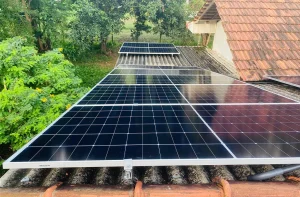

With solar street lighting, cities, town’s and communities can reduce dependency on failing national grids, utility suppliers and in turn reduce their carbon footprint. In turn, it works towards Sri Lanka’s carbon emission reduction targets. Solar lighting systems also provide a way for municipalities to create safer roads and side walks since they won’t be interrupted by power outages and can be installed without the need to connect to the national grid.
Solar lighting refers to lighting systems that are powered by the sun through the use of solar panels, which capture and convert sunlight into electricity. These systems are commonly used in outdoor and remote areas, where access to grid-connected electricity may be limited or non-existent.
Solar lighting systems typically consist of a solar panel, battery, charge controller, and lighting fixture. During the day, the solar panel collects and converts sunlight into electricity, which is stored in the battery. The charge controller regulates the flow of electricity from the solar panel to the battery, ensuring that the battery is not overcharged or discharged.
At night, the stored electricity in the battery powers the lighting fixture, which may include LED bulbs, compact fluorescent bulbs, or other types of energy-efficient bulbs. Some solar lighting systems also include motion sensors or timers, which can help to further conserve energy by only turning on the lights when they are needed.

Solar lighting systems offer several advantages over traditional grid-connected lighting systems. They are energy-efficient, cost-effective, and environmentally friendly, as they do not require electricity from fossil fuels or emit greenhouse gases. They are also easy to install and maintain, and can be used in a variety of applications, from outdoor lighting for homes and businesses to street lighting in urban areas.
Overall, solar lighting is a practical and sustainable solution for providing lighting in areas where grid-connected electricity is unavailable or unreliable.
There are several benefits that communities can experience when using solar lighting:
Overall, the use of solar lighting can provide a range of benefits to communities, including environmental, economic, social, and health benefits. By investing in solar lighting, communities can help to build a more sustainable and resilient future.

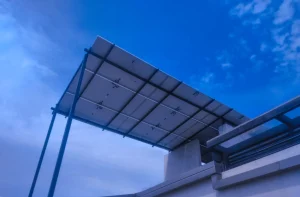
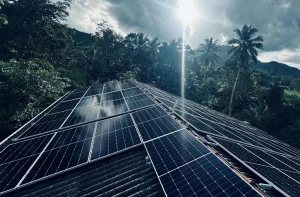
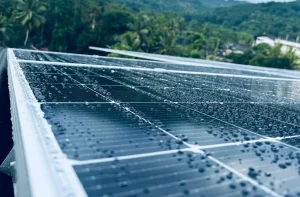
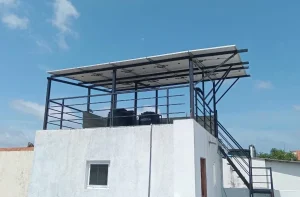
Monday - Friday 8:30AM - 5PM
contact@on-eco.com
© 2008-2024 On Eco International Holdings (Pvt) Ltd All Right Reserved.